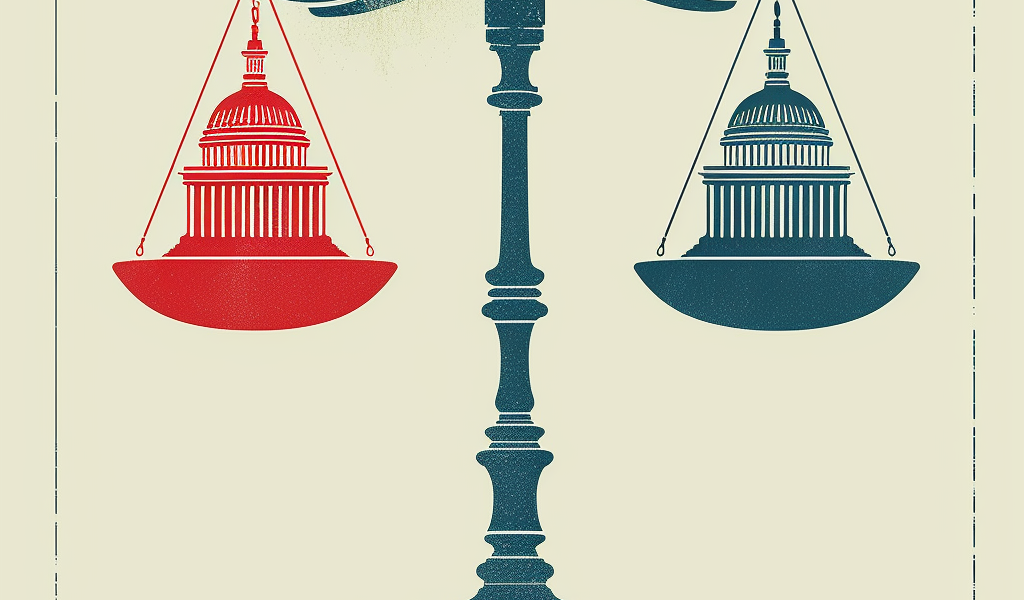Supreme Court Overrules Chevron Doctrine, Imperiling an Array of Federal Rules
The Supreme Court made a significant decision recently that could have far-reaching implications for federal regulations. In a move that reduces the power of executive agencies, the Court overturned a longstanding legal precedent, shifting power from the executive branch to Congress and the courts.
Chief Justice John G. Roberts Jr., in the majority opinion, emphasized that agencies do not possess special competence and that the interpretation of federal laws should be determined by judges. This decision marks a departure from the precedent set by the Chevron v. Natural Resources Defense Council case, a widely cited ruling that has influenced numerous court decisions.
The decision has sparked both praise and concern, with critics of regulatory authority seeing it as an opportunity to challenge federal rules in various domains, including healthcare and the environment. This ruling is part of a trend where the Supreme Court has overturned significant precedents in recent years, signaling a shift in judicial approach.
In a dissenting opinion, Justice Elena Kagan criticized the ruling, characterizing it as a judicial power grab that undermines the principle of judicial humility.
One key aspect of this decision is the impact on Chevron deference, a principle established in the 1984 Supreme Court ruling that granted regulatory agencies flexibility in interpreting laws.
This development underscores the evolving landscape of legal interpretations and the balance of power between branches of government. The repercussions of this decision are likely to be felt across a wide range of regulatory frameworks, potentially reshaping the relationship between agencies, Congress, and the judiciary.





